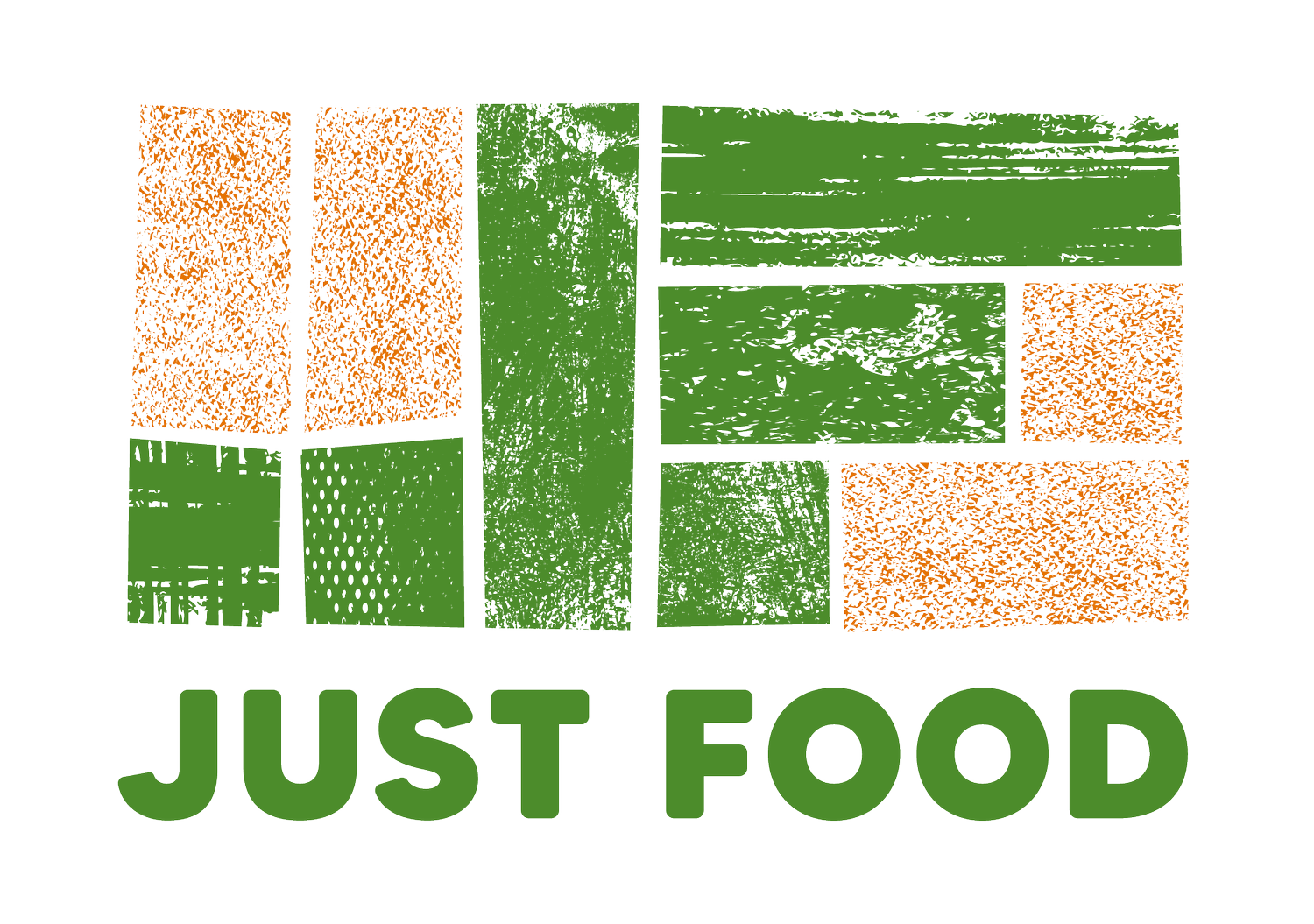Alarming new research shows many Australian university students are food insecure
Food security is considered a basic human right. Yet, in Australia, it is estimated that 4% of the population is food insecure - that is, they lack access to affordable, safe, nutritious, and culturally appropriate food.
New evidence shows that a disproportionate percentage of those affected are university students. In one sample of Australian students, Sandra Murray and a team of researchers from the University of Tasmania (UTAS) have conducted an online survey - the largest of its kind in Australia - exposing high levels of food insecurity among UTAS’ student population.
According to the findings, more than one in three students are food insecure, with younger and international students increasingly at risk.
The survey also shows that most students perceive the food available on campus unfavourably, with many being dissatisfied with its affordability or sustainability. The importance of sustainable food has been linked to nutritional well-being and the ensuring of future food security. Despite the data, many university food environments offer students few healthy food options and limited sustainable food initiatives.
“The burden of food insecurity for students must be addressed to improve the health and academic outcomes of students, and improvements to the on-campus food environment should be considered”
Why food insecurity matters
Tertiary students experiencing food insecurity may be struggling with their overall health if they aren’t receiving an adequate nutritional intake. Further, it has been shown that these students will be less likely to excel academically and three times as likely to defer their studies. It’s important to take all levels of food insecurity seriously, the FAO states even a moderate level “can contribute to various forms of malnutrition and can have serious consequences for health and well-being”.
Sustainable diets support sustainable food production
Student food buying habits on campus are influenced by several factors including cost, value, quality, and their association with sustainable practices. Beyond its association with better overall health outcomes, sustainable diets support sustainable food production. As they are in line with the United Nations Sustainable Development Goals, all academic institutions should adopt these practices as a strategy to ensure the good health of both current and future students. Sandra Murray reminds us that “we need to stop and think about what our food system should look like”.
The Findings
An online survey of nearly two thousand UTAS students was conducted in March of 2022 to assess student food insecurity compared to their demographic and education characteristics. Four additional questions were posed about campus food availability, affordability, and quality.
Three key findings of the survey:
38% of respondents were food insecure (13% severely)
47% of respondents were dissatisfied or very dissatisfied with the availability of affordable food on campus
Only a minority (37%) were satisfied with the availability of sustainable food on campus
It is also worth noting that the proportion of food insecurity was highest amongst young and international students.
Ultimately, what these findings show is that the prevalence of food insecurity among Australian university students is high and that the campus food environment does not sufficiently meet their needs for overall wellbeing. The results should encourage universities to develop new strategies to improve the food available on campus.
“Tasmania is a gourmet-lovers paradise… But a lot of people don’t have access to good food.”
What can universities do about it?
To properly address student food insecurity, the on-campus food environments at Australian universities must be improved. The future health and academic outlook of students depend on it.
The research coming out of UTAS points toward practical solutions, it suggests “increasing affordable, sustainable, and local options that meet the needs of both food secure and insecure students”. Additionally, further monitoring of student food insecurity must be conducted as this research predates much of the COVID-19 pandemic, and may not necessarily be representative of the entire UTAS student body or Australian university students more broadly.
The study recommends further research including food mapping and an audit of campus food environments in order to explore in greater depth the interaction between food outlets, students, and the provision of adequate, healthy and sustainable food.
Author: Patrick McMillin
Just Food is currently researching the state of food insecurity at William Angliss Institute (Melbourne).


